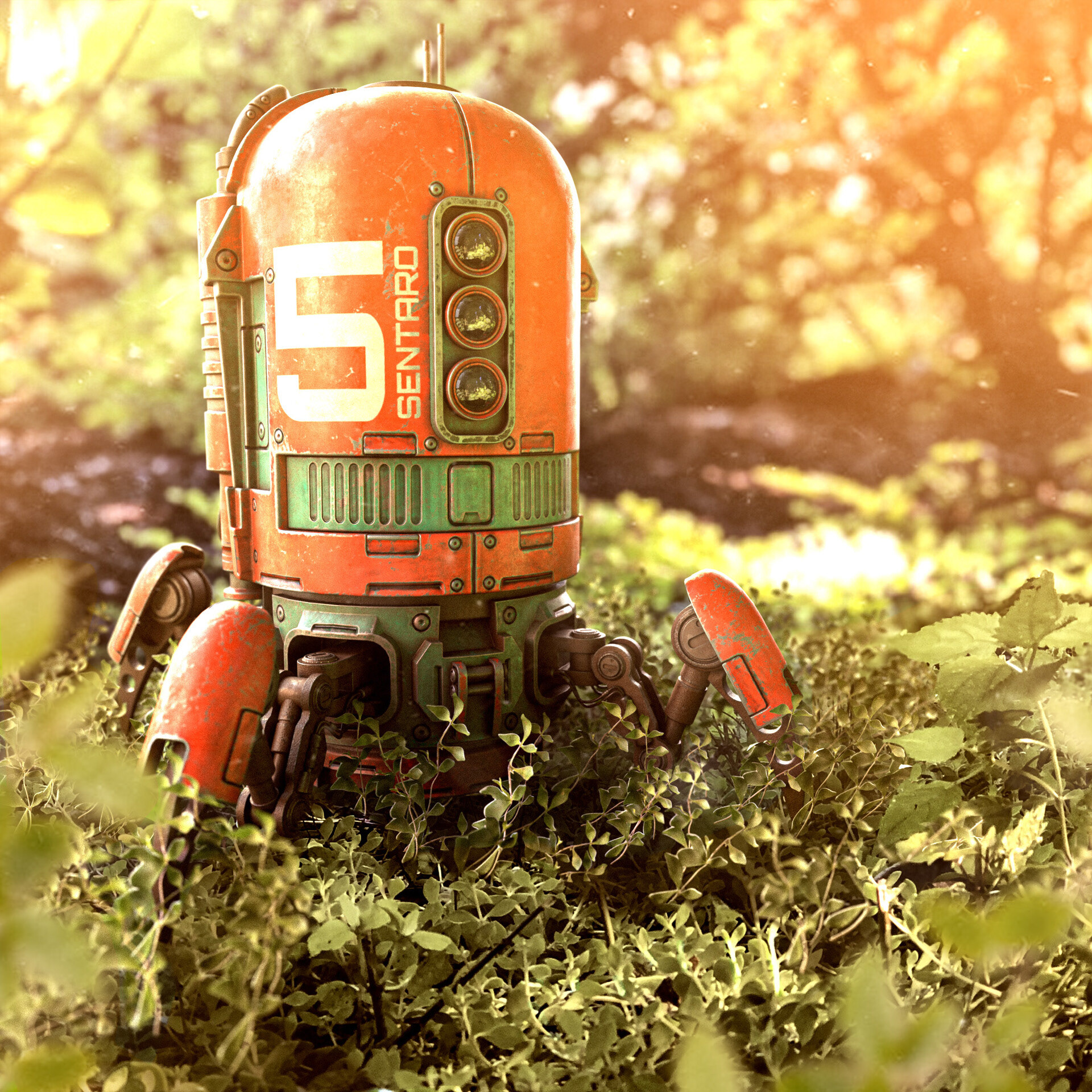
A Perfect Vacuum is a 1971 book by Polish author Stanislaw Lem, the largest and best known collection of Stanislaw Lem's fictitious criticism of nonexisting books. It was translated into English by Michael Kandel. Some of the reviews remind the reader of drafts of his science fiction novels, some read like philosophical pieces across scientific topics, from cosmology to the pervasiveness of computers, finally others satirize and parody everything from the nouveau roman to pornography, Ulysses, authorless writing, and Dostoevsky.

Stanislaw Herman Lem (12 September 1921 – 27 March 2006) was a Polish writer of science fiction and essays on various subjects, including philosophy, futurology, and literary criticism. Many of his science fiction stories are of satirical and humorous character. Lem's books have been translated into over 50 languages and have sold over 45 million copies. Worldwide, he is best known as the author of the 1961 novel Solaris. In 1976 Theodore Sturgeon wrote that Lem was the most widely read science fiction writer in the world. Lem's science fiction works explore philosophical themes through speculations on technology, the nature of intelligence, the impossibility of communication with and understanding of alien intelligence, despair about human limitations, and humanity's place in the universe. His essays and philosophical books cover these and many other topics.

"Each civilization may choose one of two roads to travel, that is, either fret itself to death, or pet itself to death. And in the course of doing one or the other, it eats its way into the Universe, turning cinders and flinders of stars into toilet seats, pegs, gears, cigarette holders and pillowcases, and it does this because, unable to fathom the Universe, it seeks to change that Fathomlessness into Something Fathomable."
Stanislaw Lem


“as long as Nature’s actions in the animate and inanimate world fill us with wonder and offer an unmatched example for us, a realm of solutions that exceeds in its perfection and complexity everything we can achieve ourselves, the number of unknowns will be bigger than our knowledge. It is only when we are eventually able to compete with Nature on the level of creation, when we have learned to copy it so that we can discover all of its limitations as a Designer, that we shall enter the realm of freedom, of being able to work out a creative strategy subordinated to our goals.”
Stanislaw Lem, Summa technologiae

Thank you!





